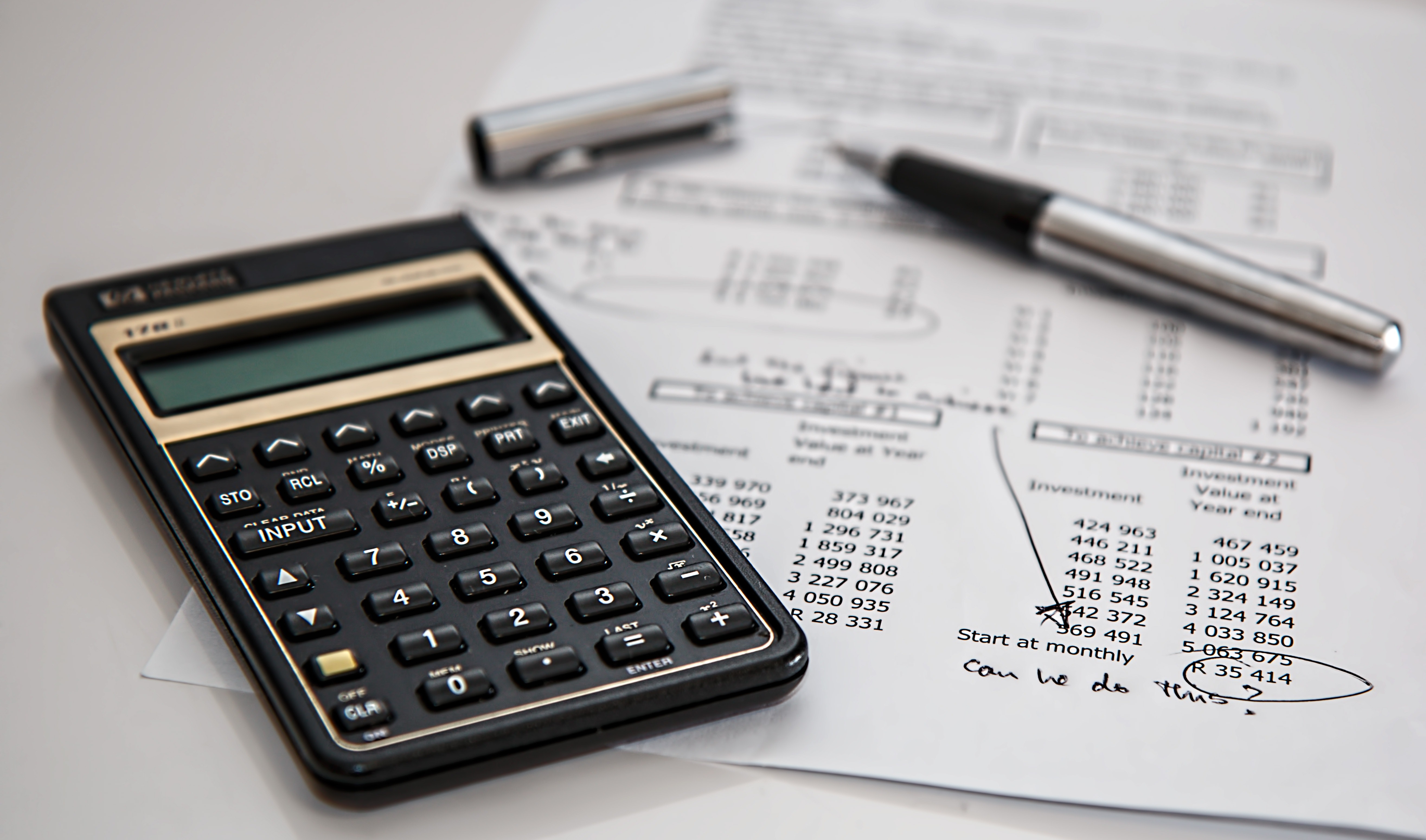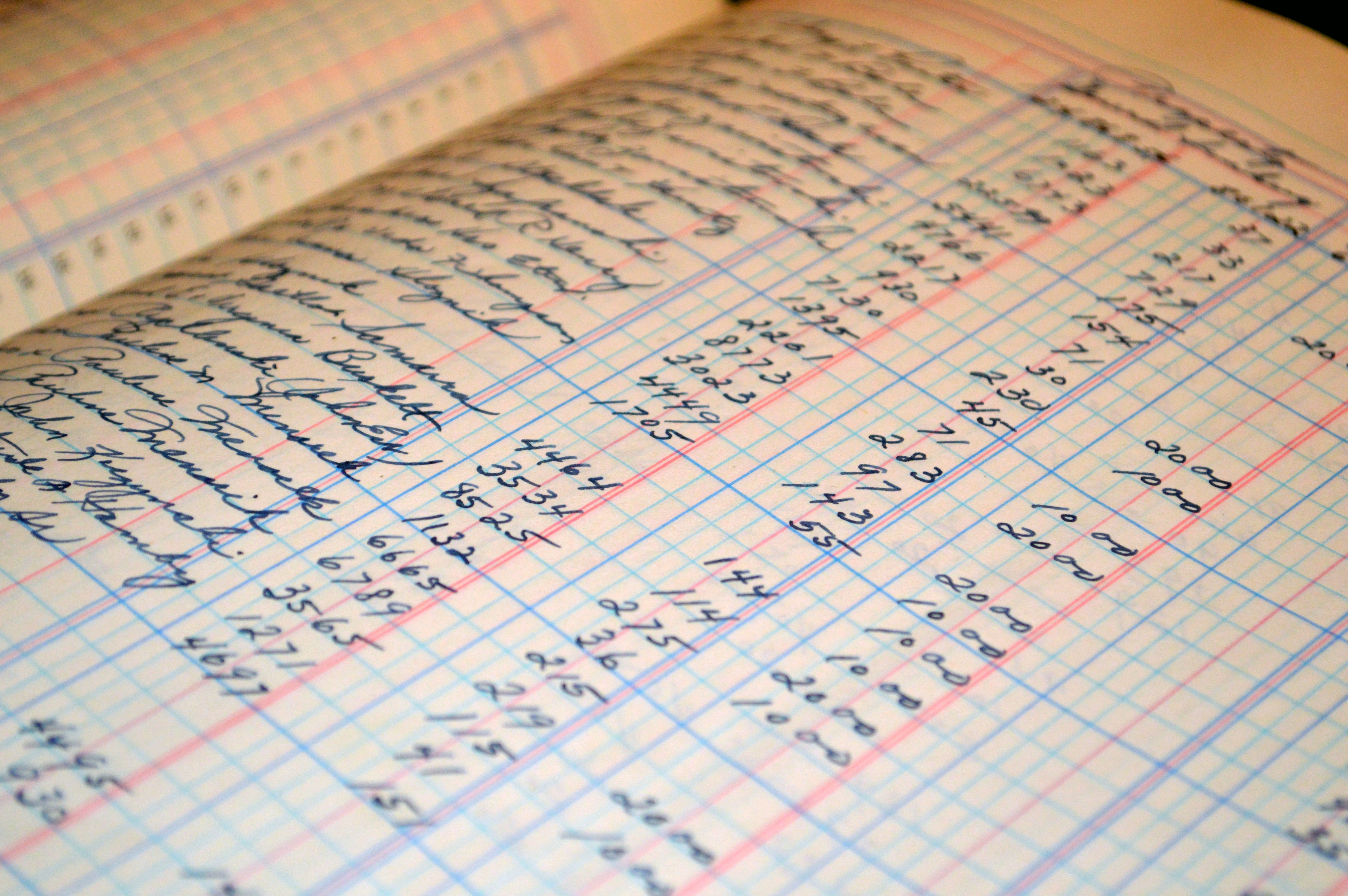Final accountsare sets of business accounts to show your business’ financial position during a reportingperiod. This eases the stress relating to calculating entrepreneur’s profit and tax payment status. We make final accounts of business clients at the end of a business year or on demand by accessing the Trading, Profit and Loss Accounts.
Trading, Profit and Loss Accounts can be made monthly, quarterly, half-yearly or yearly, but a Balance Sheet statement that shows the financial position of an organisation is often made yearly after analysing the Trading, Profit and Loss Accounts.
The Balance Sheet shows what type of assets your business owns and how much debt is recorded in its liabilities. Balance amount matching assets to liabilities is an organisation’s financial position. It gives a clear idea of the financial condition of your business during a financial year by relating it to your day-to-day expenses.
Depending on the operational background, final accounts maybe different for each business, but we will prepare Balance Sheets that match your business needs.



